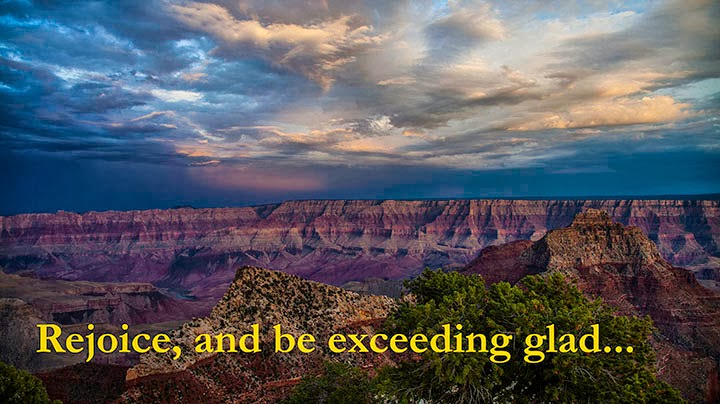Apparently, there is some confusion over the post that I wrote recently concerning a question involving a descendancy book starting with great-grandparents. Let me be a clear as I can be without referring to the question or subsequent comments.
The main thrust of the issue is whether or not it is appropriate to include information about living people in a family history book or otherwise.
Point No. One:
FamilySearch.org Family Tree encourages users to upload their own photos and stories to the program. However, if the people are living, those photos and stories as well as the general genealogical information about the person are only visible to the person who submits the information. It is my understanding that this information would only become visible to other users upon the death the person submitting the information to the program or the death of the person about whom the information is submitted. This limitation applies to any information added to the program. As far as I am aware, this is the only guidance given by FamilySearch or the Church on this subject.
Point No. Two:
I have previously expressed my personal opinion that compiling a surname or decendancy book about a family where most of the people are living for general publication was not a real good idea. There are certain to be privacy issues. I did not say and certainly did not want to imply that gathering such information on a family basis is not desirable or that people should not write their own personal histories or maintain journals. I think that publishing a book containing information about living people for general publication falls into almost the same category as adding information to online family trees about living relatives where the programs only identify the person as "Living." I am sorry if anyone cannot see the difference in what I am saying. I regret if anyone understood this to mean that I did not think preserving such history was important.
Point No. Three:
As I have expressed many time previously in my Genealogy's Star blog, I think that identity theft is misunderstood and extremely overstated by the media and because of this, by most people in the community at large. I think it is very sad that people are afraid to include names in the genealogy or let their names be used by others for genealogical purposes out of a fear of identity theft. I have yet to hear of even one documented case where genealogical information was used for identity theft and person using such information was convicted of a crime under either state or federal law. If you know of such a case, I would be very glad to review here or in my other blog. As a side note, I think it is lamentable and highly inadvisable that banks and other institutions use genealogically based security questions such as asking for your mother's maiden name.
Point No. Four:
As members of the Church we have a primary obligation to seek out our ancestors. Yes, we also have a obligation to compile and keep our own family histories, and your opinion may differ from my own as to where our primary effort should be directed. I keep a journal. I encourage others to preserve the oral and written histories of their family members. I become involved in family organizations and reunions where they are available. I see no problem in compiling a family directory for family use only. But with all this, I think our primary responsibility still lies in seeking out our ancestors.
Point No. Five:
I am entirely unaware of any policy statement whatsoever from The Church of Jesus Christ of Latter-day Saints that addresses the issue of identity theft as it relates to genealogy. The only statement I am aware of was posted on LDSTech in post entitled Identity Theft (Family Safety).
I am sorry if any one was personally offended by my previous post, but I believe that the criticism was misdirected through a failure to carefully read what I did and did not say.




No comments:
Post a Comment